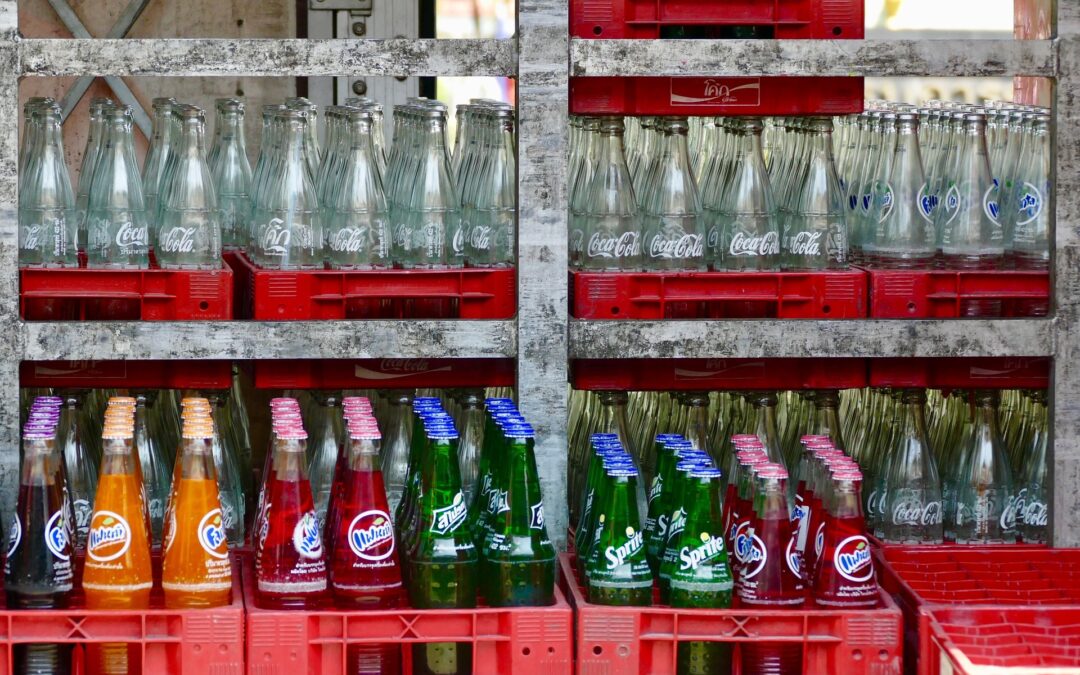Poland’s government has revealed that it is preparing to introduce a mandatory deposit for glass and plastic bottles. The system could be put in place as early as the start of 2022, but is more likely to come into force later than that.
A deposit would be added to the price of bottles, which could then be claimed back by consumers when they return them to a designated spot without needing to keep the receipt. It would be up to the producers of the packaging to decide on the mode of collection.
Deposits are expected to cover reusable glass bottles with a capacity of up to 1.5 litres, and plastic bottles with a capacity of up to 3 litres. Similar systems operate in many other countries.
While there is no prepared legislation or specific timeline, the environment ministry stated its intention to introduce the new rules during a recent local development conference. Producers would be responsible for shaping and operating the system, and would face charges for failing to meet quotas, reports Wiadomości Handlowe, a trade and retail news service.
The system could come into force as early as the start of next year. However, the ministry has flagged that producers may need up to 24 months to prepare the system after the introduction of the relevant legislation, meaning that deposits may only come in as late as 2024.
The new rules would be introduced as part of the EU’s 2019 directive on single-use plastics, which requires member states to collect and reuse 90% of such packaging by 2030.
Deposit systems in other countries have allowed producers to get back between 80 and 95% of raw materials used for packaging, such as glass, aluminium and plastic. The system also serves to limit waste, since there is an incentive to sort and recycle.
According to a 2018 poll by Kantar, 94% of respondents in Poland supported the introduction of a bottle deposit system. A survey by IBRiS in 2020 found 95% support for the idea, with 86% of respondents declaring they would like such a system as soon as possible.
Asked about the size of deposits to encourage bottle returns, 46% of respondents said they should be no higher than 0.3 zloty (7 euro cents) and only 3% would have accepted a rate higher than 1.5 zloty (33 euro cents).
Deposits are currently payable for glass beer bottles in Poland, although only bottles of a specific shape are covered. A number of institutions have also organised their own deposit systems, including a school, the Doliny Pięciu Stawów mountain shelter and the Męskie Granie music festival, reports Gazeta Wyborcza.
The main opposition group, Civic Coalition (KO), promised to introduce a national scheme while campaigning for the 2019 parliamentary elections. However, the ruling Law and Justice (PiS) party was re-elected for a second term.
The government also plans on requiring packaging producers to finance waste management and recycling as part of their Extended Producer Responsibility (ROP), for which funds can be raised by adding a “packaging fee” to the price of consumer goods.
Main image credit: SatyaPrem/Pixabay (Pixabay License)

Maria Wilczek is deputy editor of Notes from Poland. She is a regular writer for The Times, The Economist and Al Jazeera English, and has also featured in Foreign Policy, Politico Europe, The Spectator and Gazeta Wyborcza.




















